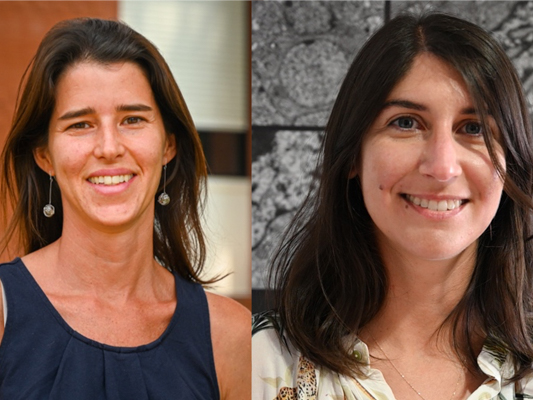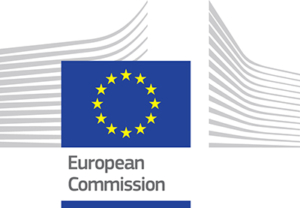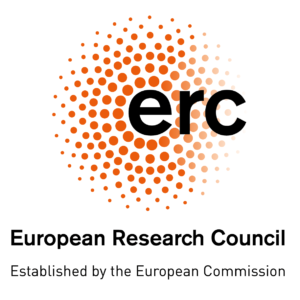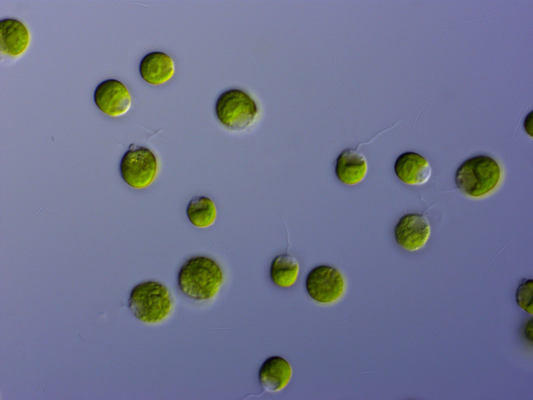
Functional Ecology
Giulia Ghedini
Every organism consumes energy and resources to live, grow and reproduce. These transformations of energy fuel biological production and support ecosystem processes that are key to our life, such as the production of food and oxygen. The Functional Ecology group aims to understand how the environment (ecological context) regulates the rate at which organisms use energy and to identify general rules for how organismal processes scale up to determine the functioning of ecosystems.
The group works on phytoplankton as a model system because these tiny algae are key players in marine productivity and carbon uptake. By combining experimental manipulations of multi-species communities with metabolic phenotyping and methods from evolutionary biology, the group addresses three main questions:
1. How can we explain the recurrence of scaling patterns across biological scales?
The metabolism of organisms scales predictably with size for many species. Similar scaling patterns also occur in whole communities but their origin remains obscure. We study metabolic plasticity within individual organisms and its density regulation to explain patterns of metabolic scaling and growth in whole communities.
2. Can we predict how metabolic traits evolve in communities?
Species interactions affect how organisms uptake and expend resources but the evolutionary outcomes of metabolic changes in multi-species communities remain unclear. We study whether coevolution with multiple species predictably affects the energy use of organisms and its consequences for species coexistence (niche partitioning) and community productivity.
3. What are the mechanisms that underpin metabolic changes?
Phytoplankton interact tightly with other phytoplankton cells and with the bacteria with which they are associated. Cell-to-cell contact and phytoplankton-bacteria associations are some of the mechanisms that might affect the competitive ability and rates of energy use of other phytoplankton cells. We study the ecological and evolutionary consequences of these mechanisms on phytoplankton metabolism and how they are influenced by species diversity and environmental variability.
Through these questions that tackle change at three levels of biological organization – communities, populations and individuals – the group studies the relationship between the functioning of ecosystems, the traits of species and the mechanisms that affect energy fluxes at these different scales.
Funding



Projects
Understanding how species evolve in their communities is a key challenge in biology and has wide-ranging implications, from managing bacterial resistance to antibiotics to predicting changes in productivity under climate change. Except for bacteria, evolution in communities remains unexplored for most species. Living in a community can be both good and bad: co-occurring species can increase competition for resources but can also offer new opportunities not available for species in isolation. Can we predict how species traits related to energy use change over time in communities? How do these changes affect the productivity and efficiency of communities? This project explores these questions using phytoplankton as a model system. Phytoplankton plays a vital role in our oceans – not only it forms the base of marine food webs but also provides half of the world’s oxygen and carbon uptake. We will combine eco-physiological measurements of energy consumption and production with experimental evolution, leveraging new advances in phytoplankton genomics, to quantify change across three scales: genes, phenotypes and communities. With this multi-disciplinary approach, we will disentangle some of the mechanisms through which species interactions shape energy fluxes across biological scales. Furthermore, by tracking phytoplankton productivity and efficiency, we will provide new theory and data to test for changes in critical ocean functions, such as the production of oxygen and the uptake of carbon.
This project has received funding from “la Caixa” Foundation (ID 100010434) and from the European Union’s Horizon 2020 research and innovation programme under the Marie Skłodowska-Curie grant agreement No 847648. The fellowship code is LCF/BQ/PI21/11830001.


Although research has already revealed that the metabolism of organisms affects the productivity of populations and communities, the relationship between organismal metabolism and species interactions has yet to be explored. Hence, predicting the rates at which entire communities flux energy and resources remains difficult. Giulia´s previous work shows that the metabolism of organisms measured in isolation does not reflect their performance in communities because species interactions alter how organisms uptake and expend resources.
Understanding how such interactions affect metabolism is essential to estimating productivity and how it will change with biodiversity loss and global warming. Giulia’s ERC Starting Grant-funded project proposes to use marine phytoplankton as a model laboratory system to determine how metabolic responses to competitors affect coexistence and community functioning. The goal is to connect metabolic theory, which studies physical constraints on the metabolism of organisms in isolation, with community ecology, which centres on species interactions and emergent community properties. Based on Giulia´s preliminary data, the researcher will map metabolic responses between species that compete for similar resources and test whether these responses stabilise coexistence.
The project will allow Giulia and her team to leverage developments in transcriptomics of non-model organisms to identify the metabolic pathways that underpin metabolic responses. From this basis, the project will extend the analysis on larger temporal and biological scales, determine how warming modifies metabolic responses and community productivity, and how metabolism evolves in communities. Altogether, this project will demonstrate how metabolic adjustments influence the diversity and functioning of communities. The results will have broad implications for understanding biological systems because the metabolic impact of species interactions shapes the physiology and evolution of all organisms.
Funding

Publications
- Giulia Ghedini and Dustin J. Marshall (2023) Metabolic evolution in response to interspecific competition in a eukaryote. Current Biology V.33, ISSUE 14:P2952-2961

